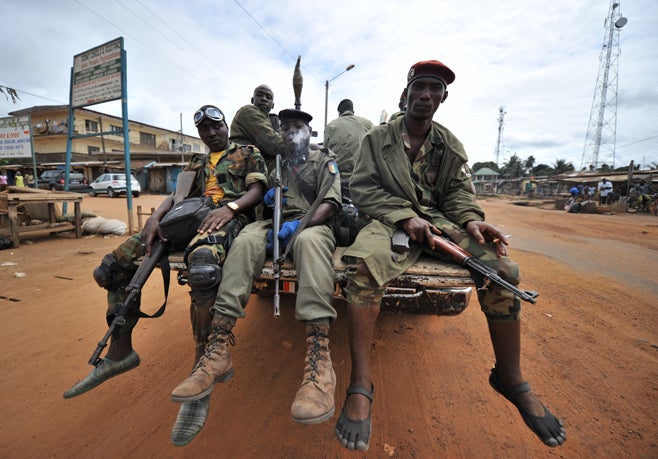By Alexandra Sandacz
Impunity Watch Reporter, Europe
AMSTERDAM, Netherlands – This past week, gay rights groups gathered in Amsterdam to greet Russian President, Vladimir Putin. Rainbow flags flew at half-staff, floats crowded the canals, and thousands of protesters waved signs.

Putin visited Amsterdam to encourage the growing economic ties between Germany and the Netherlands. The Netherlands is Russia’s leading trade partner in Europe.
Amsterdam deputy mayor, Andrée van Es, claims the city appreciates trade and welcomed Putin’s visit. However, the city also supports the rainbow flag protests.
Van Es stated, “We see Russia as an important trading partner, but Amsterdam has an identity of what I call hyper-diversity… and we very much want to be able to express that, even to our important trading partners.”
She continued, “A lot of people are worried about human rights in Russia in general, but focus is very much on gay rights because of that bill.”
Recently, Putin claimed there was no discrimination against homosexuals in Russia. However, the Russian parliament passed a bill in January banning the dissemination of “gay propaganda” to minors, which includes parades, protests, and the use of the rainbow flag. The law could potentially fine offenders up to $16,000.
Although the evening started as a protest, the night quickly turned into a party. Thousands assembled across from the museum where Putin was dining. Dressed in rainbow colors, the crowd waved signs that said, “Putin go homo” and “I’m a person, not a propaganda”.
However, as many protested and partied, the city took steps to prevent overwhelming behavior. One sign said, “No gay rights propaganda beyond this point.” Another stated, “Do not frighten President Putin: keep this area human rights free.”
As a response, activists used fake police tape, which read “critical journalists not allowed”, to block off access to the museum.
One of Amsterdam’s deputy mayors stated, “We have a large gay community in Amsterdam and we want to make sure that in our city that everybody can live the way they want and be whoever they are and we want to make sure that everybody in the world knows that.”
Putin was also recently met in Germany with topless demonstrators. Women, from the Ukrainian feminist group, Femen, displayed slogans on their bare chests and backs. Furthermore, the females chanted, “dictator”.
After shrugging off the German protests, Putin stated, “I liked it. You should be grateful to the girls, they are helping you make the fair more popular.”
For further information, please see:
RFE/RL – Amsterdam Welcomes Putin With Rainbows – 15 April 2013
EuroNews – Thousands Protest Putin’s Amsterdam Visit – 9 April 2013
FoxNews – Gay Rights Groups to Protest Russia’s Putin in Amsterdam – 8 April 2013
The Washington Post – Gay Rights Supporters Gear Up to Protest Putin Visit to Amsterdam – 8 April 2013



